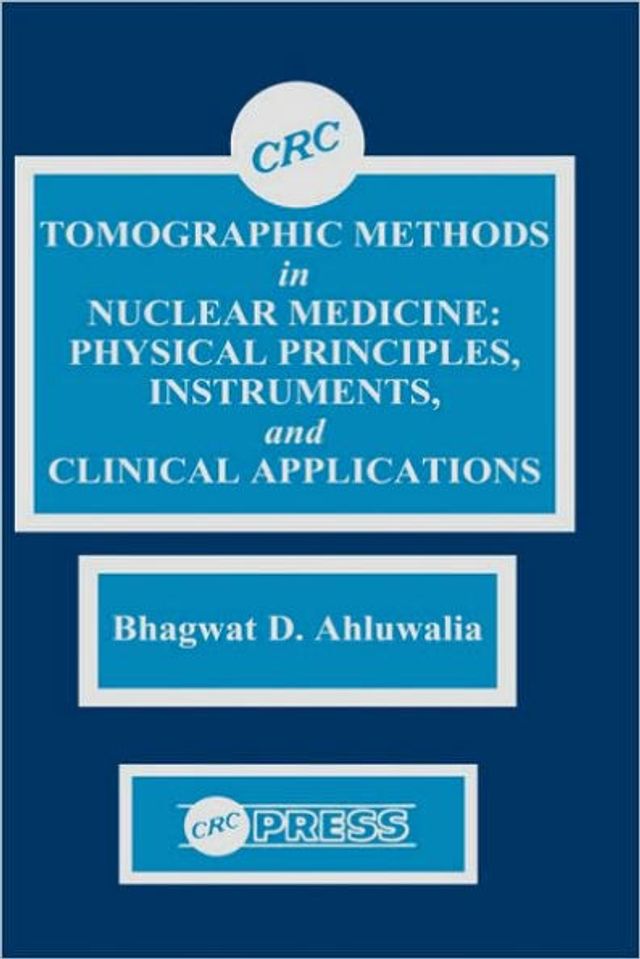Home
Contact Mechanics and Friction: Physical Principles and Applications
Barnes and Noble
Contact Mechanics and Friction: Physical Principles and Applications
Current price: $199.99


Barnes and Noble
Contact Mechanics and Friction: Physical Principles and Applications
Current price: $199.99
Size: OS
Loading Inventory...
*Product information may vary - to confirm product availability, pricing, shipping and return information please contact Barnes and Noble
This application-oriented book introduces readers to the associations and relationships between contact mechanics and friction, providing them with a deeper understanding of tribology. It addresses the related phenomena of contacts, adhesion, capillary forces, friction, lubrication, and wear from a consistent point of view. The author presents (1) methods for rough estimates of tribological quantities, (2) simple and general methods for analytical calculations, and (3) the crossover into numerical simulation methods, the goal being to convey a consistent view of tribological processes at various scales of magnitude (from nanotribology to earthquake research). The book also explores the system dynamic aspects of tribological systems, such as squeal and its suppression, as well as other types of instabilities and spatial patterns. It includes problems and worked-out solutions for the respective chapters, giving readers ample opportunity to apply the theory to practical situations and to deepen their understanding of the material discussed.
The second edition has been extended with a more detailed exposition of elastohydrodynamic lubrication, an updated chapter on numerical simulation methods in contact mechanics, a new section on fretting in the chapter on wear, as well as numerous new exercises and examples, which help to make the book an excellent reference guide.
The second edition has been extended with a more detailed exposition of elastohydrodynamic lubrication, an updated chapter on numerical simulation methods in contact mechanics, a new section on fretting in the chapter on wear, as well as numerous new exercises and examples, which help to make the book an excellent reference guide.


















